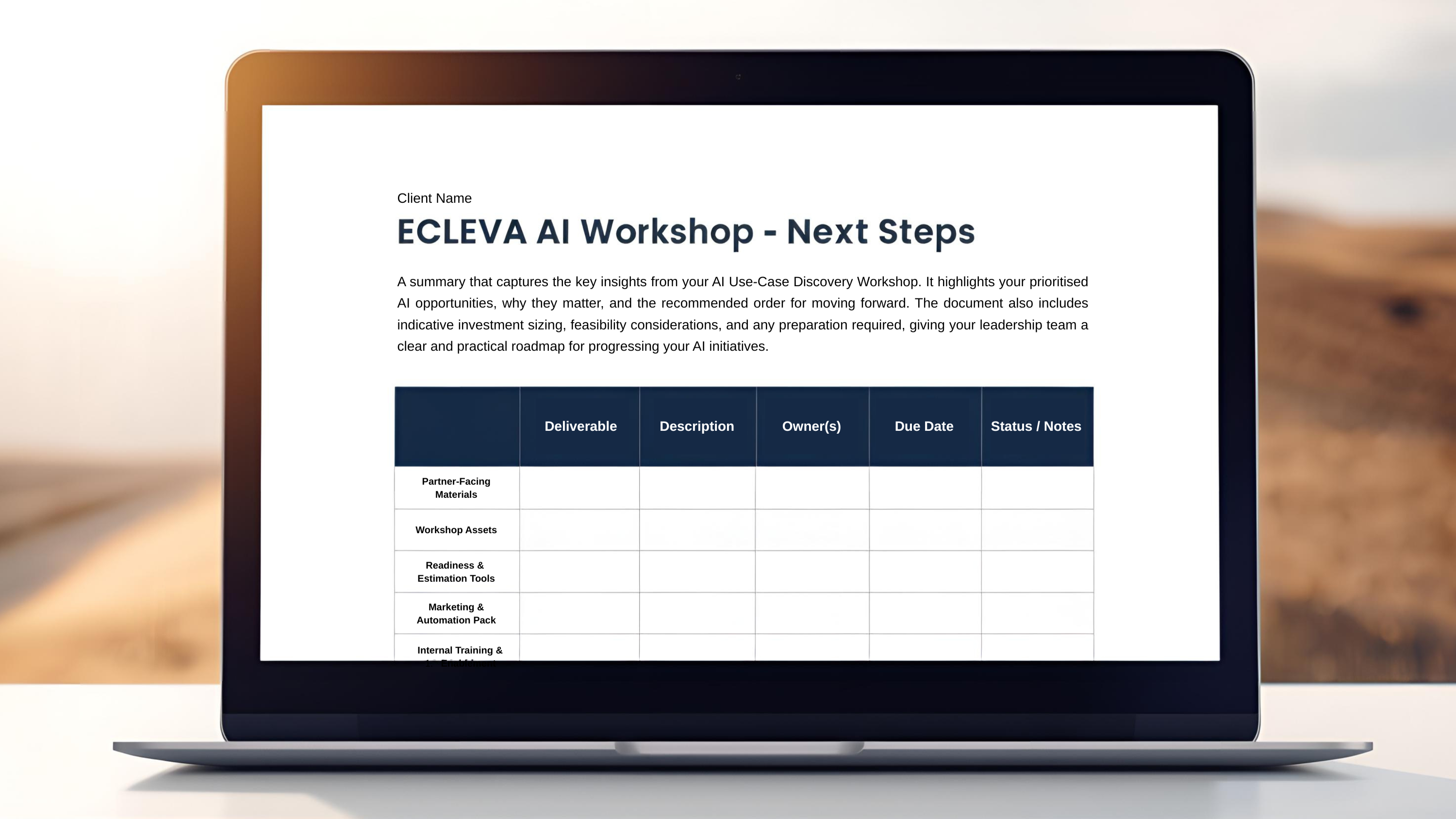How to build a Business Case for Robotic Process Automation (RPA)
Robotic Process Automation (RPA) presents tremendous opportunities for businesses, especially in today’s fast-paced and competitive environment. The COVID-19 pandemic further highlighted the need for cost efficiency and operational resilience, as companies faced challenges like managing remote workforces and maintaining productivity. By automating repetitive tasks, RPA not only enhances operational efficiency but also keeps employees engaged by freeing them from mundane activities.
However, implementing Robotic Process Automation (RPA) comes with its own set of challenges, including skepticism about its impact on jobs and doubts about its long-term value. Building a strong business case for RPA is essential to secure buy-in from stakeholders and ensure successful implementation. This guide explores the benefits of RPA and provides actionable strategies to craft a compelling business case.
Key benefits of RPA
To create a persuasive business case, it’s crucial to address concerns and highlight the tangible benefits of RPA. Contrary to misconceptions, RPA is not about physical robots but software solutions that automate repetitive tasks across various functions

1. Increased Efficiency and Cost Savings
- Automates repetitive, time-consuming tasks such as data entry, data cleaning, and invoice generation.
- Reduces human error in compliance-heavy processes, minimizing risks.
- Frees employees to focus on strategic, high-value activities.
2. Enhanced Data Security
- Centralizes sensitive data in secure systems, reducing the risks associated with decentralized or remote work environments.
- Tracks and monitors data access more effectively.
3. Improved Customer Experience
- Streamlines customer service operations by automating tasks like tracking interactions or triaging requests.
- Provides real-time insights into customer journeys, ensuring quicker response times and better issue resolution.
4. Scalability Across Functions
- Supports sales processes such as lead management, CRM updates, and report generation.
- Adapts to evolving needs with AI and machine learning capabilities for continuous improvement.
Building a Strong Business Case for RPA
Crafting a robust business case involves aligning RPA’s potential with your organization’s specific challenges and goals. Here are key strategies:
1. Focus on Solving Real Problems
Base your case on a pressing issue the organization faces today. Highlight how RPA can deliver immediate, measurable benefits rather than abstract future goals.
2. Emphasize Employee Benefits
Dispel fears of job losses by showcasing how RPA can enhance employee satisfaction:
- Relieves teams from repetitive tasks.
- Enables staff to focus on creative or strategic projects that add value.
3. Use Positive Framing
Carefully choose your language when discussing RPA:
- Focus on productivity gains and reduced workloads rather than automation replacing jobs.
- Highlight collaboration between humans and technology.
4. Leverage Market Trends
Provide evidence of competitors successfully using RPA:
- Share industry benchmarks and market predictions.
- Demonstrate how adopting RPA positions your company as an industry leader.
5. Include Real-Life Case Studies
Use testimonials from other organizations that have implemented RPA successfully:
- Showcase measurable results such as cost savings or improved customer satisfaction.
6. Address Training Opportunities
Propose training programs to help employees adapt to working with RPA:
- Mitigates resistance to change.
- Builds confidence in using new technologies effectively.
7. Highlight Financial Impact
Present a data-driven financial analysis:
- Detail the costs of not adopting RPA (e.g., inefficiencies, errors).
- Show potential savings through reduced task times, improved accuracy, and higher productivity.
8. Consider Long-Term ROI
Evaluate costs over three years instead of just one:
- Include implementation, licensing, infrastructure, and support costs.
- Account for vendor pricing structures (e.g., free Year 1 services with escalated costs in Years 2–3).
9. Plan for Maintenance
Include a break/fix budget in your proposal:
- Address potential disruptions caused by changes in underlying systems that could affect RPA bots.
Presenting Your Business Case
The nature of your business case will depend on the exact types of tasks you’re looking to automate as well as the scale of the RPA integration you want. No matter the project, you should try and employ the following strategies to build the most robust, compelling case and realistic business case:
When presenting your case to stakeholders or management, ensure it is well-researched, data-driven, and compelling:
- Use specific examples: Outline the exact tasks you plan to automate and their expected outcomes.
- Provide detailed metrics: Include cost-benefit analyses and ROI projections.
- Tell a story: Frame the discussion around solving a critical problem rather than merely requesting funds for new technology.
- Engage stakeholders: Show how RPA aligns with organizational goals like cost reduction, improved customer satisfaction, or enhanced employee engagement.
Conclusion
A well-crafted business case can pave the way for successful RPA implementation by addressing concerns, showcasing benefits, and aligning with organizational priorities. By presenting clear evidence of how RPA can solve existing problems while delivering measurable value, you can secure the necessary support from decision-makers.
If you’re looking to enhance your organization’s productivity through innovative technologies or need expert guidance in building an effective business case for RPA, consult with ECLEVA today!







